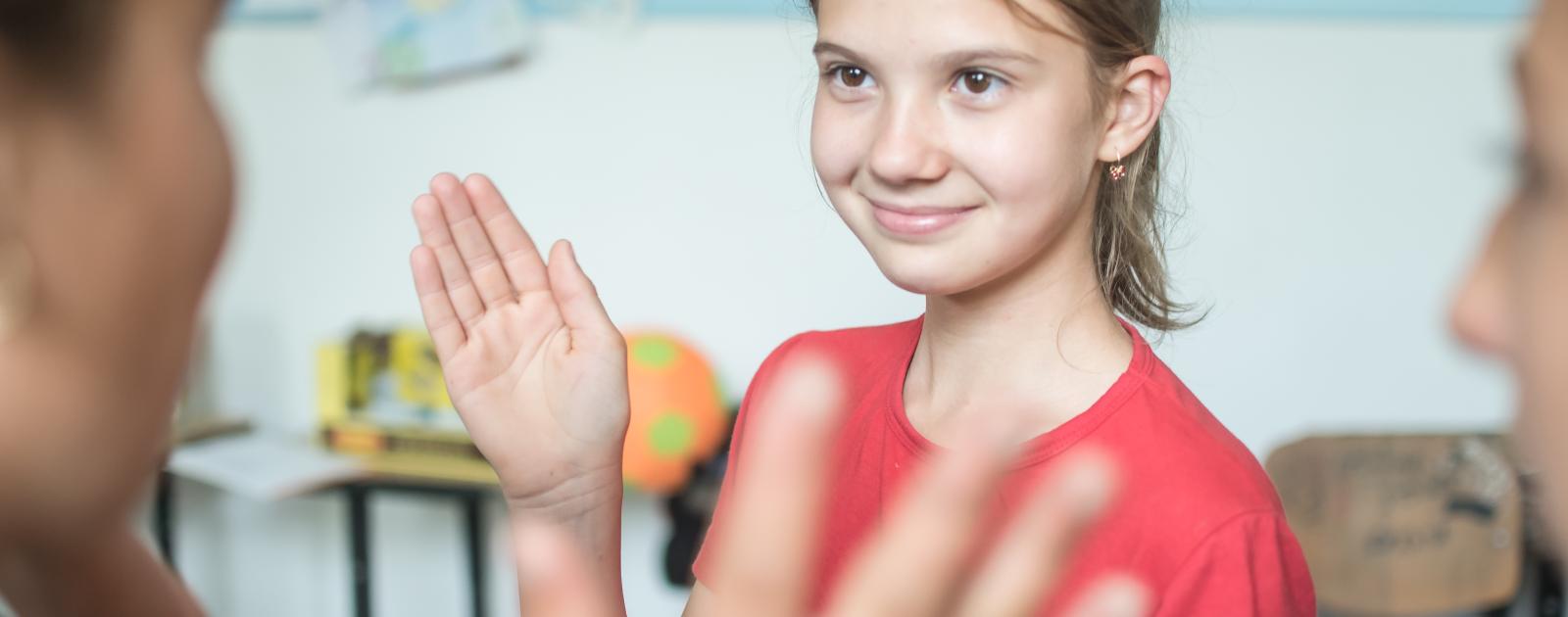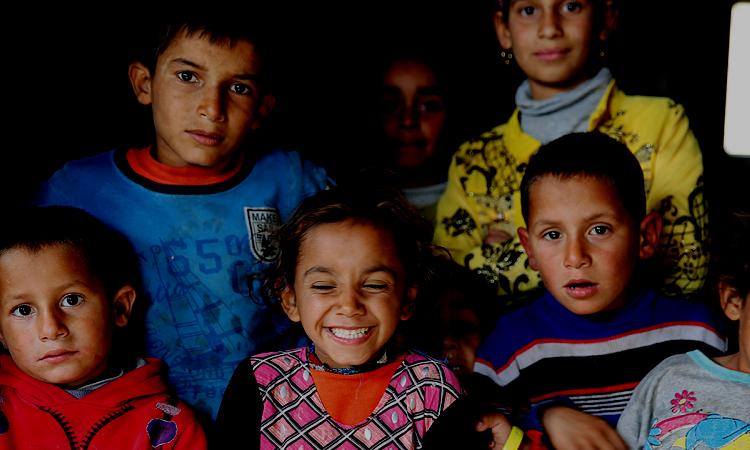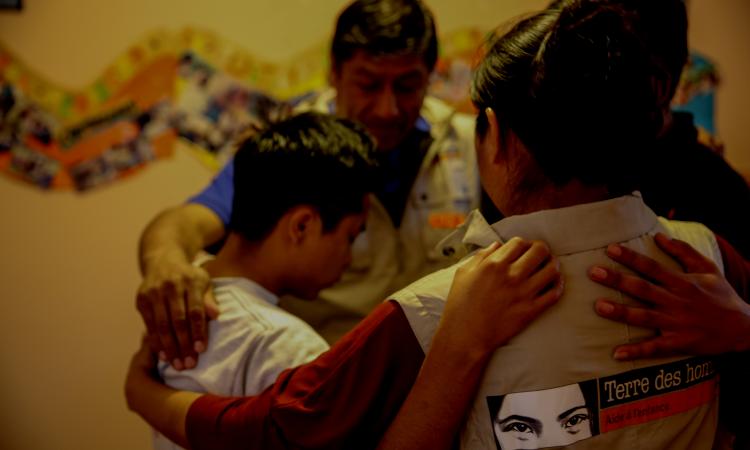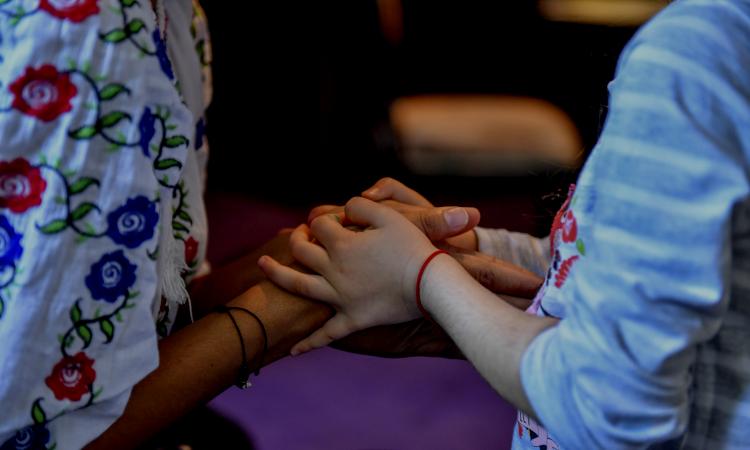
Terre des hommes Foundation Moldova is organising a series of 5 informative sessions for 70 parents from the Republic of Moldova, who work in one of the European Union countries (including Romania) and whose children have remained in Moldova under the care of a single parent or relatives. The activities take place in the framework of the project "CASTLE - Children left behind by labour migration: supporting Moldovan and Ukrainian transnational families in the EU".
Background
The phenomenon of migration is still relevant for many families in our country. Family members live separately in different countries and rarely meet to spend time together. At the beginning of 2021, according to the CER-103 survey ("Children at risk and children separated from their parents"), the total number of cases of children separated from their parents registered by local public authorities was 34,107, of which 24,763 children were from rural areas. Of these, 29,186 (21,684 from rural areas and the rest from urban areas) are children whose both parents/single parent are temporarily abroad. Three research institutes in Moldova (Academy of Economic Studies of Moldova), Ukraine (Ukrainian Institute of Social Research "Oleksandr Yaremenko") and Romania (Babeș-Bolyai University of Cluj-Napoca) carried out a qualitative study in each country on transnational families and children left at home whose parents are working abroad. One of the key findings of the study is that parents often just let their children know they are leaving, and rarely in advance, but do not involve them in migration decisions. The alienation effect that migration induces strongly influences the psycho-emotional development of children left at home, their health, education and socialisation. The psychological impact of parental migration on children left at home is characterised by feelings of loneliness, lack of affection, emotional deprivation, accompanied by early maturation, anxiety and fear of parental divorce.
The decision to go abroad to work is not an easy one, especially when the family must be separated. So, we invite parents who have experienced migration or are planning to migrate to our information sessions. They will learn how to make this process less painful and how to proceed in such a way as to maintain a close and warm relationship with family members left behind.
The programme includes 5 sessions/topics such as:
- preparing children before their parents leave for work;
- legal protection and safety of the child left at home;
- distance parenting;
- transnational communication tools;
- promotion of dialogue between children and local decision-makers;
- consultation and participation of children in family life, even at a distance;
- psychosocial support.
The training cycle will contain theoretical and practical information on the development of social and emotional competences in transnational family members (from the country of destination and the country of origin).
Who can attend the training:
Parents who have gone abroad and those who have stayed at home, parents who are planning to leave and relatives or carers of children whose parents are away are invited.
The CASTLE project is designed to improve protection policies and knowledge about transnational families and the social and legal impact of labour migration to the European Union on children left behind by their parents' departure for work. The CASTLE project is being implemented in three countries simultaneously: Moldova, Ukraine and Romania and has the following objectives:
The project partners focus their efforts on informing families and authorities about the necessary steps in the migration process - before departure, while abroad and on return - and this will ensure better protection of children at all levels. We will provide national authorities with recommendations for policies and practices to support transnational families and to improve the regulatory framework on migration and mobility in Moldova and Ukraine.
We will also, through awareness-raising campaigns, through participatory methods, empower children left at home and their families to contribute to legislative and policy reform on labour migration.
EU countries such as Portugal, Italy, Spain, where there are large numbers of migrants from the East, will also benefit from this project where we will provide more information on the phenomenon of transnational families and its impact on children. Its approach will be one where children will become actors of change and participate in solving issues that affect them.
CASTLE project activities are taking place with the financial assistance of the European Union, contracted by ICMPD through the Migration Partnership Facility. The content of this announcement is the sole responsibility of Terre des hommes Moldova and does not necessarily represent the position of the European Union and ICMPD.
For details: Rodica Novac, CASTLE Project Coordinator, rodica.novac@tdh.ch


